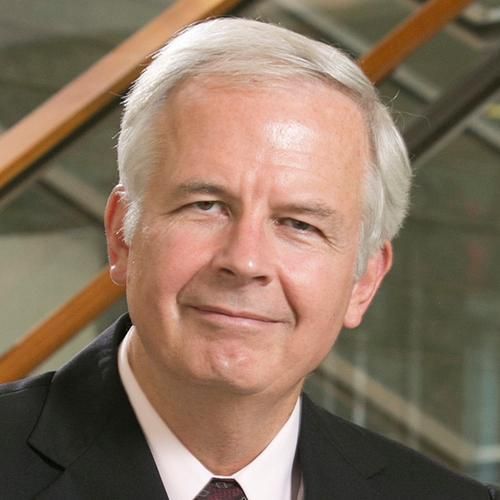
CD45+ Cells Present Within Mesenchymal Stem Cell Populations Affect Network Formation of Blood-Derived Endothelial Outgrowth Cells.
Mesenchymal stem cells (MSCs) and endothelial progenitor cells (EPCs) represent promising cell sources for angiogenic therapies. There are, however, conflicting reports regarding the ability of MSCs to support network formation of endothelial cells. The goal of this study was to assess the ability of human bone marrow-derived MSCs to support network formation of endothelial outgrowth cells (EOCs) derived from umbilical cord blood EPCs. We hypothesized that upon in vitro coculture, MSCs and EOCs promote a microenvironment conducive for EOC network formation without the addition of angiogenic growth supplements. EOC networks formed by coculture with MSCs underwent regression and cell loss by day 10 with a near 4-fold and 2-fold reduction in branch points and mean segment length, respectively, in comparison with networks formed by coculture vascular smooth muscle cell (SMC) cocultures. EOC network regression in MSC cocultures was not caused by lack of vascular endothelial growth factor (VEGF)-A or changes in TGF-β1 or Ang-2 supernatant concentrations in comparison with SMC cocultures. Removal of CD45+ cells from MSCs improved EOC network formation through a 2-fold increase in total segment length and number of branch points in comparison to unsorted MSCs by day 6. These improvements, however, were not sustained by day 10. CD45 expression in MSC cocultures correlated with EOC network regression with a 5-fold increase between day 6 and day 10 of culture. The addition of supplemental growth factors VEGF, fibroblastic growth factor-2, EGF, hydrocortisone, insulin growth factor-1, ascorbic acid, and heparin to MSC cocultures promoted stable EOC network formation over 2 weeks in vitro, without affecting CD45 expression, as evidenced by a lack of significant differences in total segment length (p=0.96). These findings demonstrate the ability of MSCs to support EOC network formation correlates with removal of CD45+ cells and improves upon the addition of soluble growth factors.
Duke Scholars
Published In
DOI
EISSN
ISSN
Publication Date
Volume
Issue
Start / End Page
Related Subject Headings
- 4003 Biomedical engineering
- 3209 Neurosciences
- 3101 Biochemistry and cell biology
Citation

Published In
DOI
EISSN
ISSN
Publication Date
Volume
Issue
Start / End Page
Related Subject Headings
- 4003 Biomedical engineering
- 3209 Neurosciences
- 3101 Biochemistry and cell biology

